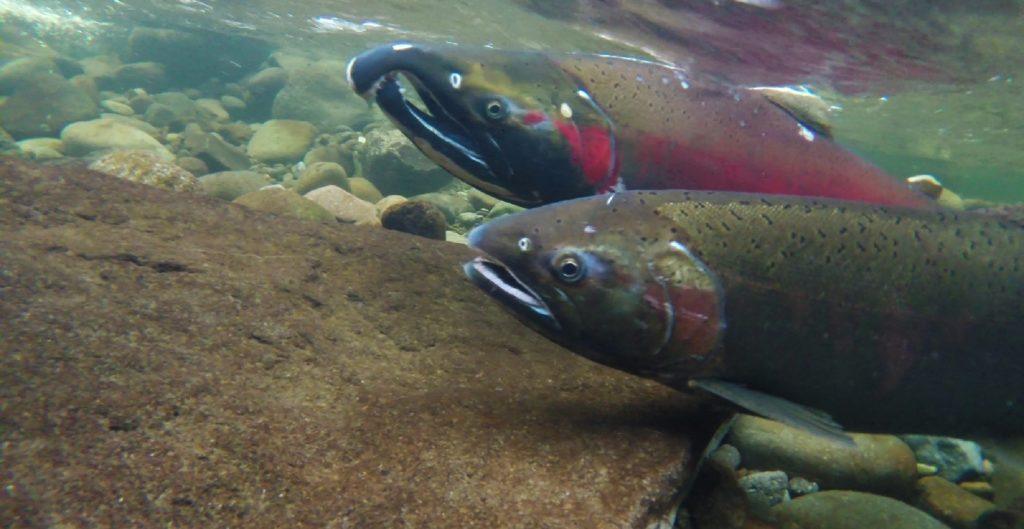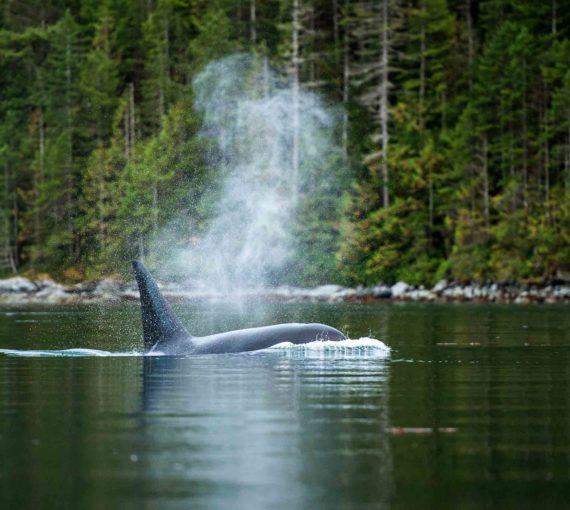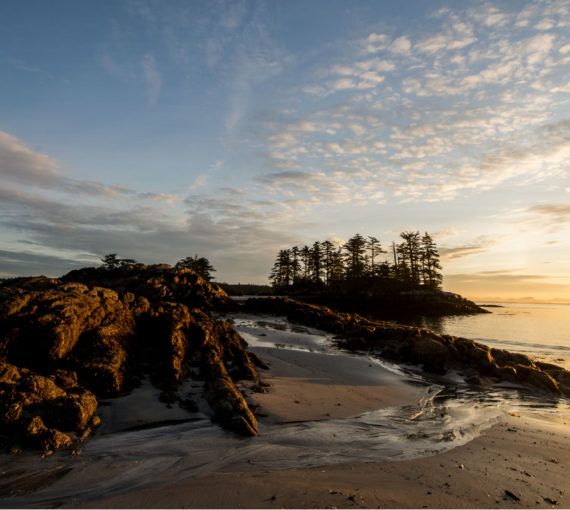Facing enormous economic challenges from the COVID-19 pandemic, some governments have opted to sacrifice environmental standards to cut costs for hard-hit industries. But we don’t have to choose between the environment and the economy. We can improve both by making smart decisions now. This crisis presents a unique chance to reorient our economy toward a low-carbon, resilient future.
Several provinces have already rolled back or rescinded environmental protections. Ontario recently suspended public consultation regarding environmental decisions, allowing it to make damaging decisions without public oversight. Alberta halted environmental reporting requirements for industry, effectively suspending transparency. B.C. has stepped back from planned increases to its price on carbon pollution, one of the province’s most effective climate solutions.
Life has become much more difficult for industry during this pandemic, as it has for everyone; but allowing industry to operate with little or no oversight — and overturning effective environmental policy — opens the door to unnecessary damage. Some sectors, such as salmon farming and oil-and-gas, have used the pandemic to ask government to reduce or eliminate environmental protection measures. A leaked memo from the Canadian Association of Petroleum Producers (CAPP) to the federal government, obtained by Environmental Defence, reveals the oil industry’s demands for regulatory rollbacks, more secrecy and exemptions from environmental laws. It even urges government not to implement the UN Declaration on the Rights of Indigenous Peoples.
Accepting these requests would threaten community health, wildlife and ecosystems, and would move Canada further from its climate targets.
Climate change and habitat destruction have even been linked to more frequent disease outbreaks.
Disregard for environmental rules carries real-life consequences. These laws and regulations are in place to protect habitat, air, water, soil, biodiversity and thus ourselves. Climate change and habitat destruction have even been linked to more frequent disease outbreaks. CAPP has also asked for an indefinite suspension of regulatory requirements to monitor toxic nitric-oxide emissions — which would create more air pollution. Research shows pollution increases the risk of respiratory complications from COVID-19. Canadians are enjoying the benefits of cleaner air. We should be finding ways to keep it clean when we get through the pandemic.
We also need to protect the oceans. That means continuing to monitor sea-lice levels to protect wild salmon, not suspending rules. Migrating salmon are vulnerable to sea lice from open-net-pen fish farms.
Canada can go back to the status quo or we can use this opportunity to start rethinking our priorities and our economic systems, to find better ways to create a resilient, sustainable society with healthy ecosystems. The COVID-19 crisis has exposed flaws in our systems and demonstrated the degree to which we’ve become disconnected from nature. We know that climate change and biodiversity loss exacerbate emerging diseases. As the economy restarts, and especially if rules are tossed aside, these environmental crises will intensify. Emissions surged after the 2008 economic crisis. It could happen again.
Fortunately, the trend isn’t solely toward deregulation. Canada’s government recently resisted pressure to roll back environmental protections, and has instead directed funds to clean up and restore orphan oil-and-gas wells and reduce methane emissions. Even though industry should be paying these costs, the money will at least create employment while protecting human health and the environment.
The “polluter-pay” principle must also remain in effect with independent oversight that includes Indigenous communities and landowners.
Helping workers out is absolutely necessary. The “polluter-pay” principle must also remain in effect with independent oversight that includes Indigenous communities and landowners.
While some industries are using the pandemic to try to avoid oversight and responsibility, others are finding creative ways to keep environmental standards high during this challenging time. When the federal government banned observers from B.C. groundfish vessels to help with social distancing, fishermen found a solution: monitor the catch electronically with on-board cameras and sensors. It’s not a perfect system, but it acknowledges the importance of good environmental standards to ensure future opportunity and access to global markets.
This pandemic presents unprecedented challenges to our health and livelihoods. It also offers opportunities to invest in a transformative recovery. From restoring damaged ecosystems to investing in low-carbon energy systems, we can support employment that upholds climate and biodiversity goals. Environmentally beneficial projects like energy efficiency retrofits are ready to put federal stimulus dollars and retraining programs to work. They could be scaled up quickly, creating jobs for people and competitive advantages for businesses.
With international meetings on climate change and biodiversity postponed, national and regional governments must do more, not less, to protect the environment. Our society already suffers from negative consequences of operating as if it were separate from the natural world. As we think about recovery, let’s embrace practices that promote resiliency, health and preparedness for future challenges.
This op-ed was originally published in The Province
Our Work
Always grounded in sound evidence, the David Suzuki Foundation empowers people to take action in their communities on the environmental challenges we collectively face.




